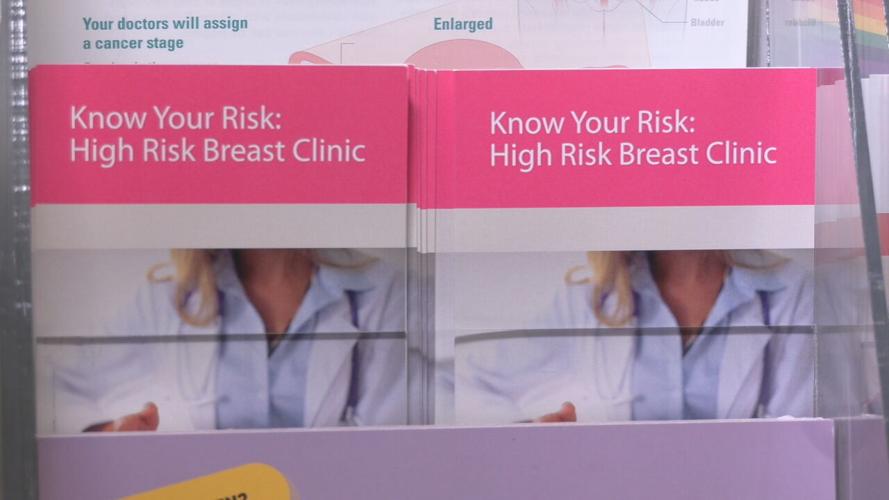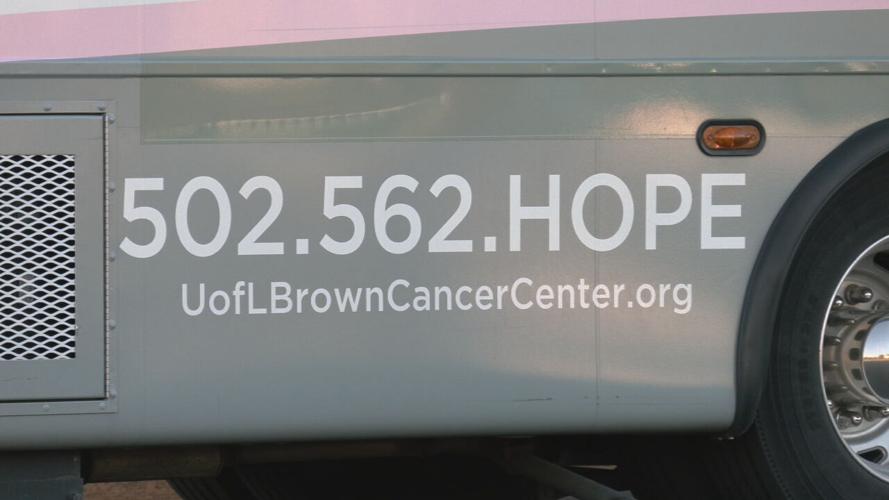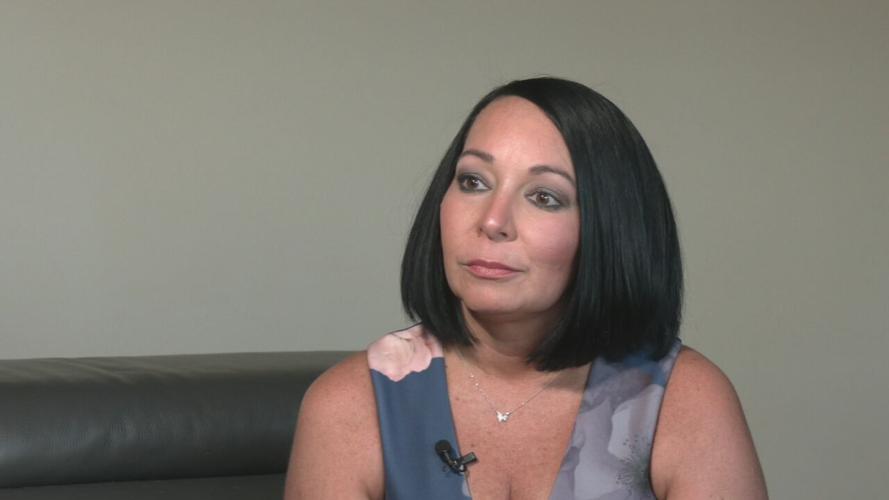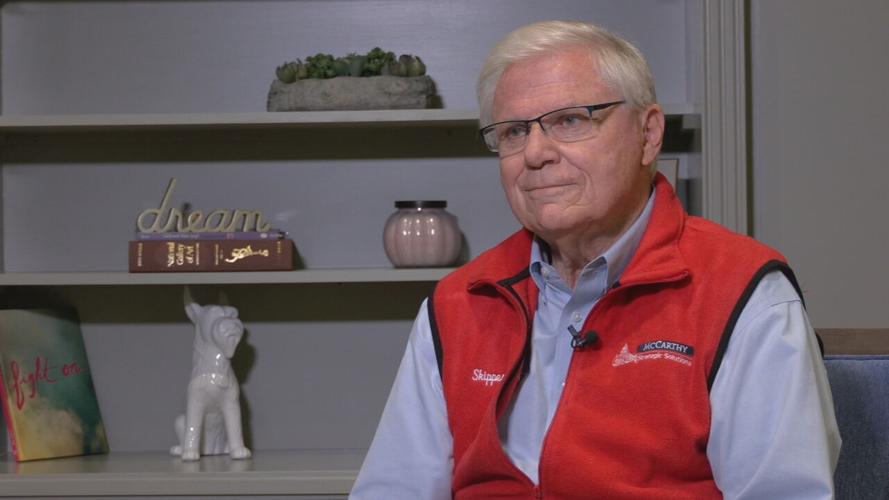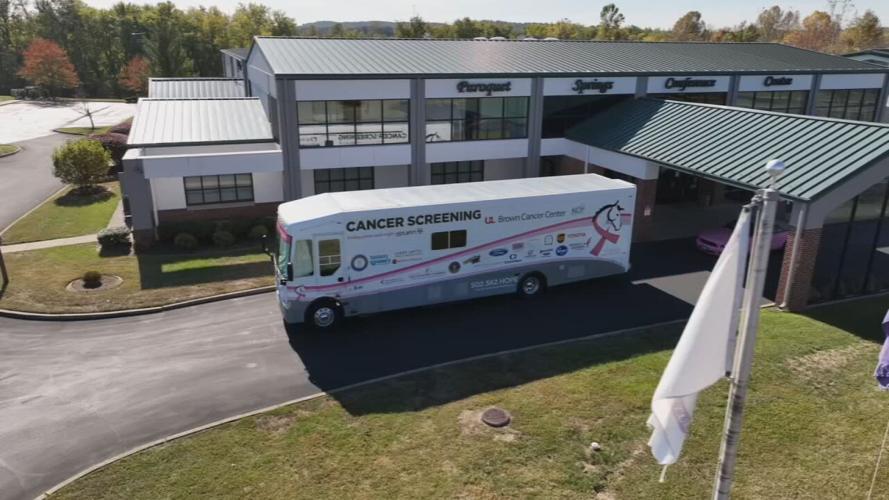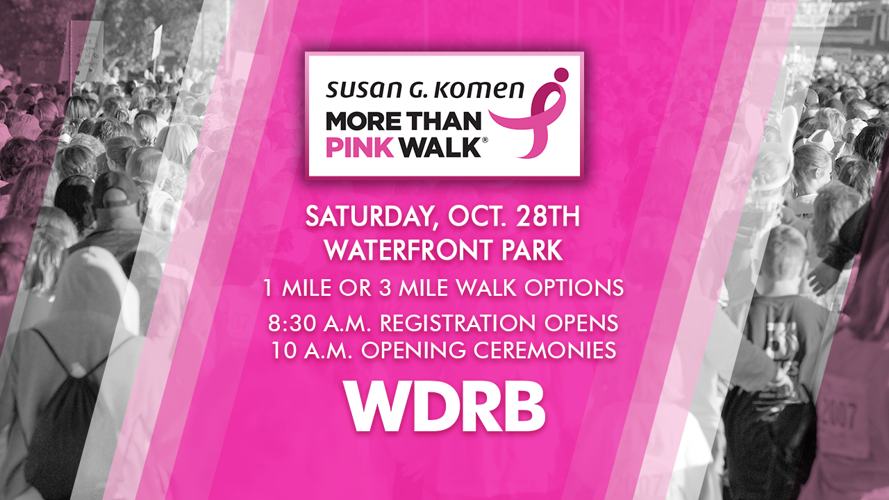LOUISVILLE, Ky. (WDRB) -- As Breast Cancer Awareness Month comes to an end, medical professionals say you are the best person to know if something isn't right with your body.
"We really try to make sure women know their bodies," said Pam Temple with the Kentucky Cancer Program.
Early detection is one of the best ways to have a fighting chance against breast cancer. That means paying attention to any warning signs as soon as they're noticed.
"They need to know what is not normal for them," Temple said. "We know our bodies better than the physicians do. So we know if something is changing, if something doesn't feel right, if we don't feel right."

Stacy Scovanner found a lump in May 2020 that led to her breast cancer diagnosis. She is now cancer free and chair of the 2023 Komen More than Pink Walk. WDRB Image.
Women like breast cancer survivor Stacy Scovanner often spot red flags themselves, like small lumps, that lead them to get a mammogram.
"I was actually shaving my armpit on my right side and I found a lump," Scovanner said.
Women aren't the only ones who need to pay attention when things seem off, as Skipper Martin learned for himself.

Skipper Martin (WDRB photo)
"So in washing I found this little pea size (lump)," Martin recalled. "It was about a little bigger than a pea."
Both Martin and Scovanner won their battles with cancer, and Scovanner became the chairwoman for the 2023 Komen More than Pink Walk.
In her role with the Kentucky Cancer Program, Temple helps with breast cancer education, prevention, and screenings.
One tool at her disposal is the Brown Cancer Center's mobile mammography unit. It's out almost every day of the week, bringing mammograms to populations that normally don't get screened.

FILE -- Pictured: the James Graham Brown Cancer Center's mobile mammogram unit parked at the Paroquet Springs Conference Center in Shepherdsville, Ky. , on Oct. 23, 2023. (WDRB/archive)
"These are women who, again, never or rarely been screened," Temple said. "We screened 16 women. We did find somebody who did not have insurance and who had breast cancer. So those are the ones that are a huge success."
An early diagnosis gives the patient a head start to take steps to treat the problem.
Dr. Beth Riley, an oncologist at the Brown Cancer Center, said she tries to educate her patients as much as possible on how to fight the disease.
"I try to have the patient understand as much as I do about the disease so that we can make decisions together," Riley said.
Riley said the most important next step is knowing what type of cancer you have, because that determines the treatment course.
"And there are some types of breast cancer that: need chemotherapy before surgery, don't need chemotherapy at all, may not need surgery at all," Riley said.
In some cases, Riley treats high-risk patients with chemo prevention medicine even before a cancer diagnosis.
Riley said the average woman has a 12 percent risk of breast cancer. If a woman's assessed risk is over 20 percent, she may qualify for chemo prevention with a drug that lowers your risk of breast cancer.
Those drugs that suppress some hormones like estrogen can reduce your risk by 50 percent when taken over a course of years, Riley said, "whatever your risk is."
It's all about saving lives.
"It's wonderful helping these women who were scared once they've been told they have breast cancer," Temple said.
"We work very hard to take care of the whole patient the support they need," Riley said.
Related Stories:
- 'I want to give back' | Louisville man has taken part in more than 150 breast cancer walks
- 3 sisters develop strong bond after battling breast cancer at the same time
- Louisville man credits God, a sense of humor and survivors with helping him through breast cancer battle
- 'I am a fighter' | Louisville woman shares battle back from breast cancer after 8 surgeries
- Women battling breast cancer get a helping hand at home through Cleaning for a Reason
Copyright 2023 WDRB Media. All Rights Reserved.
